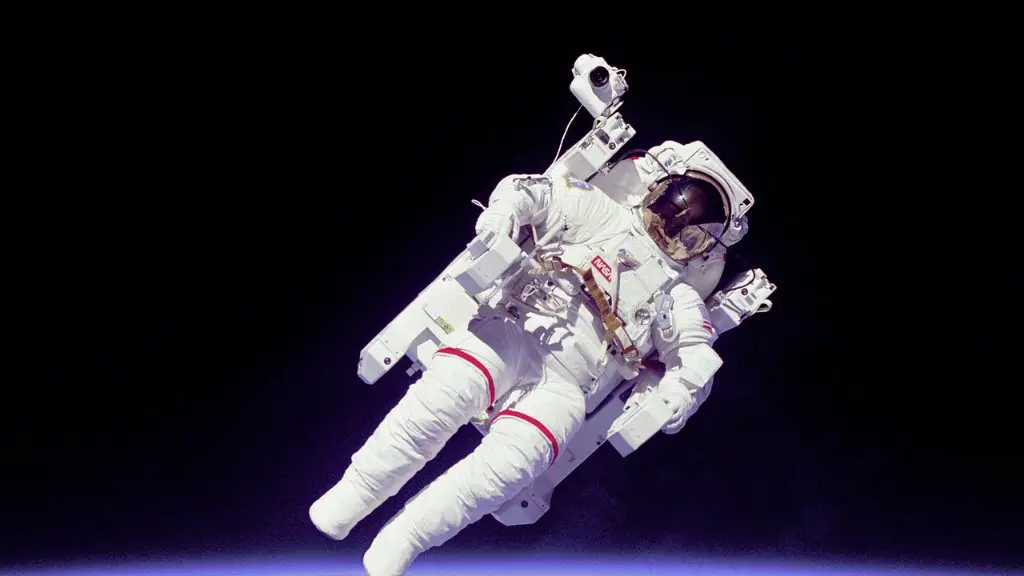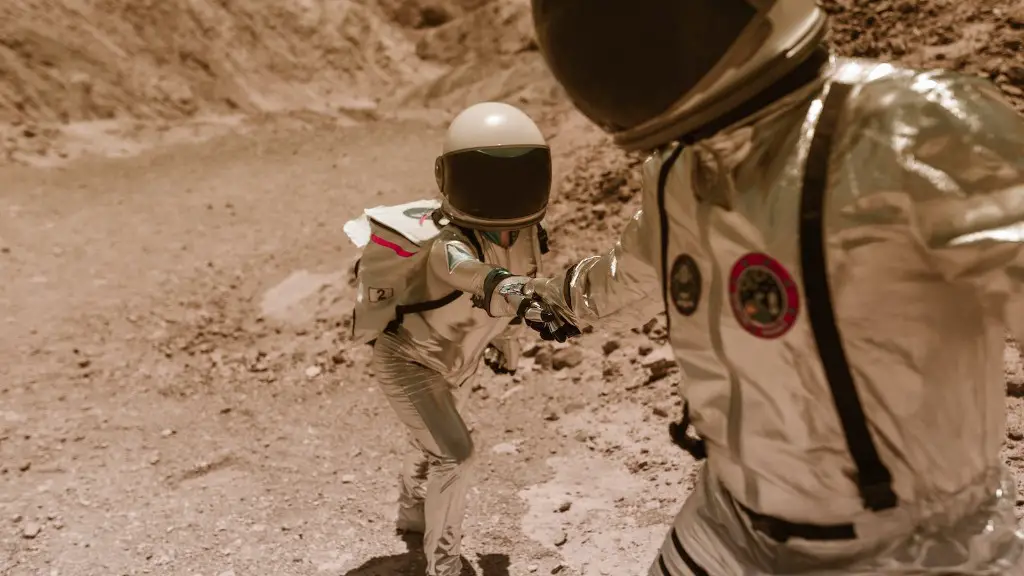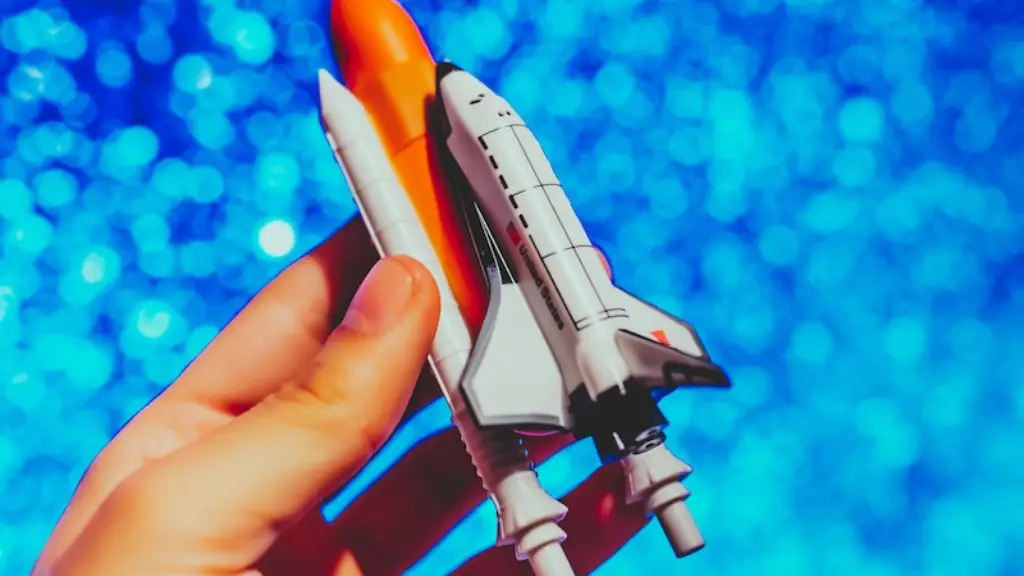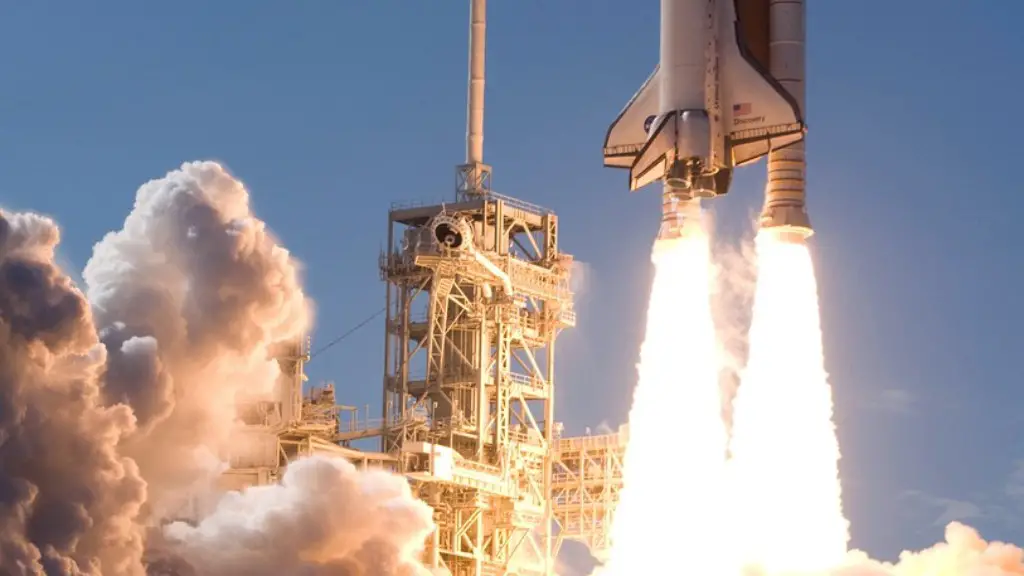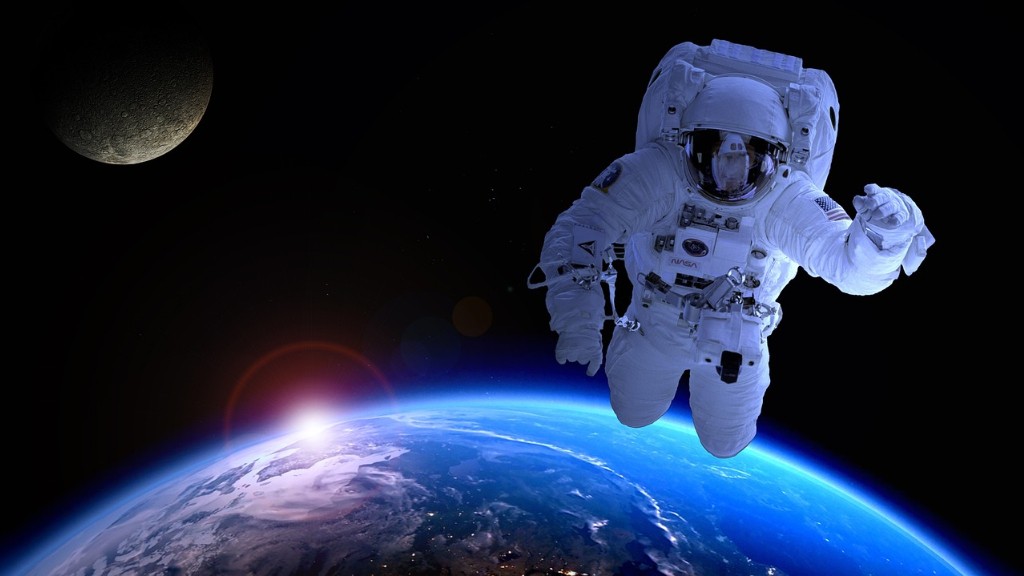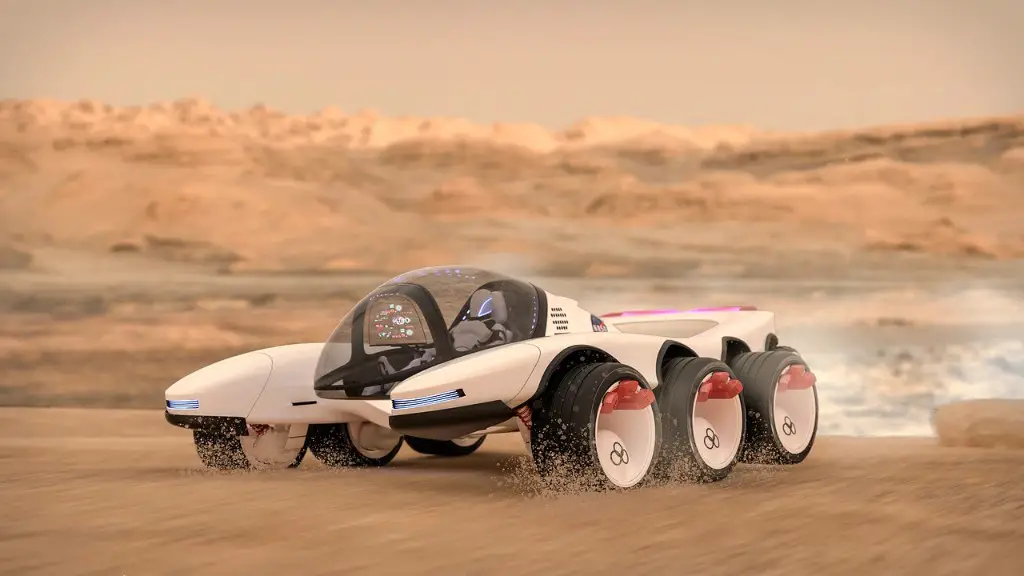Recently, NASA has been testing new, faster rocket technologies. The current speed record for a NASA rocket is approximately 18,000 miles per hour, set by the advanced solid rocket motor on the Ares I rocket. However, NASA is aiming to achieve speeds of up to 70,000 miles per hour with the new Space launch System (SLS). The SLS is still in development, but is scheduled to make its first test flight in 2018. If successful, the SLS will be the fastest rocket ever made.
Nasa rockets travel at speeds of up to 17,500 miles per hour.
How fast do space rockets go?
Rockets have to go very fast to leave Earth and get into space. Here are a few examples of how fast rockets travel:
To get to low Earth orbit: 78 km/s (28,100 km/h; 17,400 mph)
To escape Earth’s gravity and leave Earth behind: 1119 km/s (40,284 km/h; 25,031 mph)
The Space Shuttle has an orbital velocity of around 30,000km/h, but the crew of Apollo 10 hold the official record for the fasted manned vehicle when they reached 39,897km/h relative to the Earth on 26 May 1969 during their return from lunar orbit. The Apollo 10 crew were the first humans to travel that fast, and their achievement is an impressive feat of engineering and human achievement.
How fast is Elon Musk rocket
The SpaceX rocket will hit the Moon at 12:25:58 Universal Time on March 4, 2022. The four tonne rocket part—officially known as 2015-007B—will strike the Moon’s surface at a speed of about 5,700 mph.
Rocket planes are a type of aircraft that are propelled by rockets. They can achieve much higher speeds than similarly sized jet aircraft, but typically only for a few minutes before needing to glide. Unhindered by the need for oxygen from the atmosphere, they are suitable for very high-altitude flight.
How fast is light in mph?
In physics, the speed of light in vacuum, commonly denoted c, is a universal physical constant that is exactly equal to 299,792,458 metres per second (approximately 300,000 kilometres per second; 186,000 miles per second; 671 million miles per hour).
Light from a stationary source travels at 300,000 km/sec, which is equal to 186,000 miles/sec. This speed is constant regardless of the medium through which it travels.
Will Lightspeed ever be possible?
It has been theorized that it might be possible to travel at light speed, but based on our current understanding of physics, it is not possible. The reason why is because of the limit imposed by the speed of light.
At the instant the rocket strikes the moon, a shock wave will travel through the impactor in mere milliseconds, shattering it into shards of exploding metal. Given the speed that the rocket is traveling, it’s likely that little evidence of it will remain besides the crater it has made.
Is SpaceX faster than NASA
However, in recent years it has become increasingly clear that NASA is no longer the leading edge space organization it once was. Space X, a private space company founded by Tesla CEO Elon Musk, has overtaken NASA in all three dimensions: scope, cost efficiency, and speed.
SpaceX designs, manufactures, and launches advanced rockets and spacecraft. The company has made significant progress in developing reusable rockets, which drastically reduces the cost of spaceflight. SpaceX’s ultimate goal is to make it possible for people to extend life beyond Earth, and it is well on its way to achieving that goal.
In comparison, NASA has been bogged down by bureaucratic red tape and has been slow to embrace new technologies. NASA’s budget is also a fraction of what it once was, which has limited its ability to pursue ambitious projects.
While NASA will always hold a special place in our hearts, it’s clear that SpaceX is the new leader in space exploration.
Hydrogen is an important element in NASA’s rocket fuel and is used to deliver crew and cargo to space. With the recent focus on human missions to the moon and eventually Mars, hydrogen will continue to be an important part of NASA’s space missions.
What is the fastest thing in space?
Light is the fastest thing in the universe and nothing can go faster than it. It’s like the speed limit of the universe.
Light is the fastest thing in the Universe because it is the only thing that can travel at the speed of light. The speed of light is the highest possible speed that any object can travel. It is the ultimate speed limit.
What is the fastest flying thing
The North American X-15 is a remarkable aircraft and holds the current world record for the fastest manned aircraft. On October 3, 1967, the X-15 attained a maximum speed of Mach 670 (about 7,200 km/h) thanks to its pilot, William J. “Pete” Knight. This incredible feat is a testament to the aircraft’s design and engineering, as well as Knight’s skill as a pilot. The X-15 is truly an amazing machine and continues to inspire awe and admiration.
Dark cannot be said to have a speed, because it is the lack of light. Light travels at a speed of 299,792 kilometers per second, so in the absence of light, there is no speed.
What can go faster than light?
It is generally accepted that Albert Einstein’s Special Theory of Relativity imposes a speed limit on all objects in the Universe. This speed limit, often referred to as the “speed of light”, is a firm value which cannot be exceeded by any known object. As such, it is highly unlikely that humans will ever be able to send spacecraft to explore beyond our local area of the Milky Way, as to do so would require overcoming this speed limit. While there may be ways to circumnavigate this issue, it remains a significant obstacle in our quest to explore the Universe.
A light year is the distance that light can travel in one year. Light travels at a speed of 186,000 miles per second, so it can travel 946 trillion kilometers in one year.
Conclusion
The highest speed ever attained by a NASA rocket is approximately 25,000 miles per hour, or Mach 33.4. This was achieved by the North American X-15 rocket plane during its final flight on October 3, 1968.
The top speed achieved by a NASA rocket is approximately 17,500 miles per hour. This is achieved by the most powerful rockets during liftoff. However, once the rocket is in space, it slows down to a more manageable speed for the astronauts aboard.
